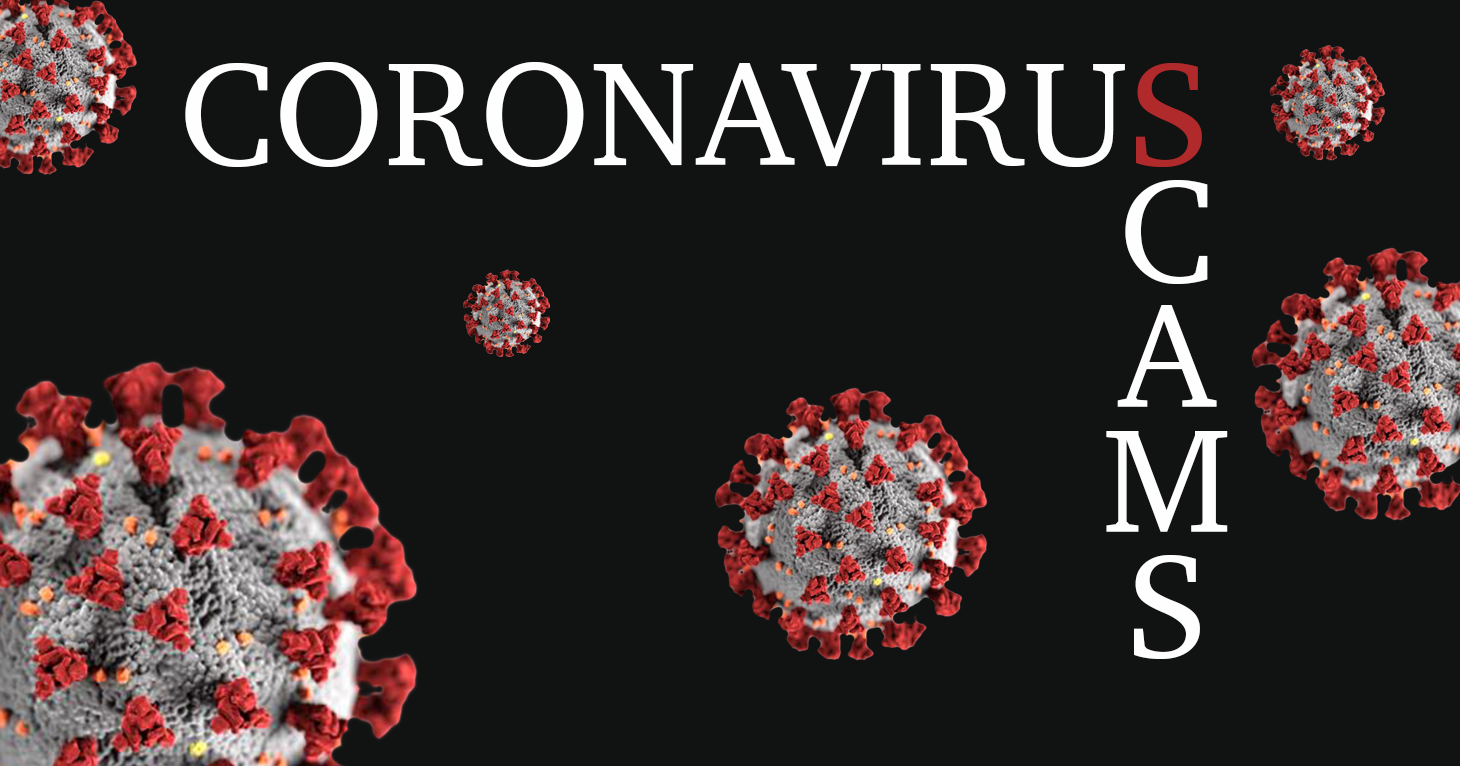
Agora Still Using Deception and Dark Patterns to Ensnare Seniors
TINA.org refers publishing giant to FTC for enforcement action.
There are many different kinds of legal services out there, but there’s one kind that is particularly susceptible to deceptive advertising: estate planning. Estate planning protects your assets after you die. The two main estate planning tools are A document containing instructions on how a person’s property should be handled in the event of his or her death. Also, a reason to be nice to Great Auntie Sue.s and A property held by one person for the benefit of another.s. There is also something called a living trust, which, as the name suggests, is created while you’re alive and lets you control the distribution of your estate. While living trusts are useful tools for some people, they’re not meant for everyone. But scam artists would like you to believe otherwise.
Some shady businesses advertise seminars or personal tutorials on living trusts. When the unsuspecting registrants arrive, they hear all sorts of exaggerated benefits of living trusts from the crooked salesperson, who is hoping to sign them up for expensive, but, in many cases, useless services.
Other businesses advertise living trust do-it-yourself “kits” but once the customer sends in the money, the swindler hits the road and the customer never gets anything in the mail. Some other shifty businesses use estate planning services to gain access to consumers’ financial information.
How to stay protected? Here are some tips:
TINA.org refers publishing giant to FTC for enforcement action.
A master list of known and alleged scams.
From fairwashing to fragrance, consumers have plenty to watch out for in 2021.


